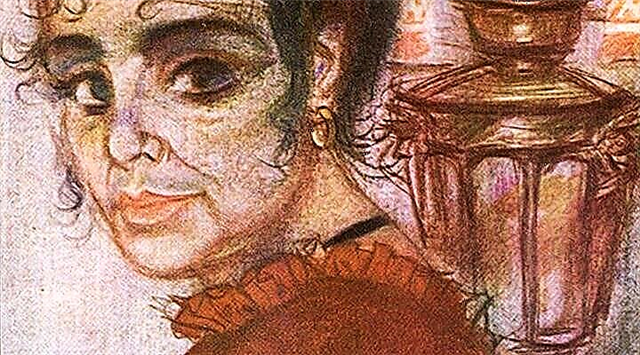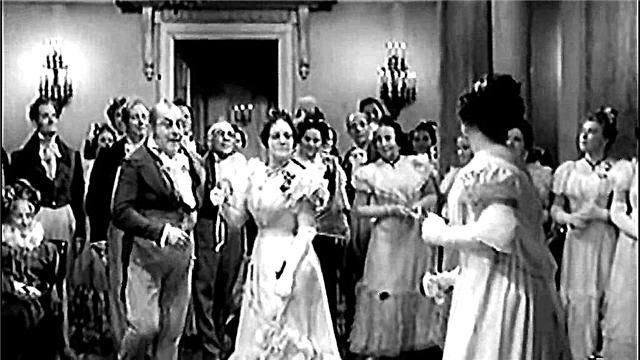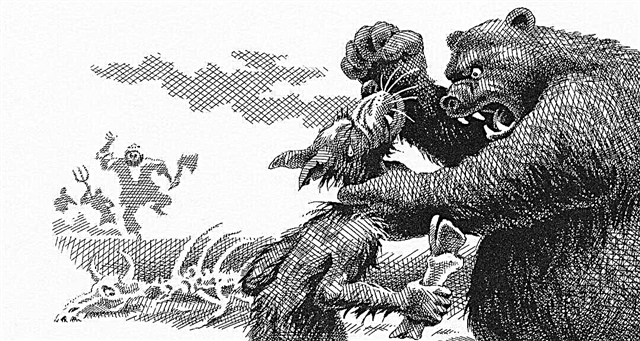(360 words) When we analyze our desires, the line separating the great dream from everyday whims becomes apparent to us. We strive for real dreams with all our souls, they are reflections of our "beautiful far". But petty needs and interests, as a rule, are fleeting, they are distinguished by the lack of scope and sacred meaning. Today they are, and tomorrow - as the wind blew. To more accurately indicate the differences between these concepts, I will give literary examples.
A great dream is described by M. A. Bulgakov when his hero speaks with his judge. Yeshua dreams that there should be no power in the world, because he considers it to be violence against people. He dreams that a man will come to the realm of justice and freedom, where there will be no place for oppression and discord. He told all this to Pilate, a devoted servant of the emperor Tiberius, and therefore the philosopher paid for his ideals with life. However, he was not afraid to die for a great idea, it would seem that he, being on the cross and suffering hellish torment, was indifferent to pain. On his face was the angelic meekness of a man who knows what he is suffering in the name of and is ready to pay this price. Only for the sake of a great dream, people sacrifice themselves, hoping and believing that their contribution will help realize it.
A small dream is described by A.P. Chekhov in the story Gooseberry. The hero dreamed of acquiring a house with a plot, and for this went to extreme measures. He married by calculation, saved up and was malnourished, and even brought his wife to death by his stinginess. However, for the sake of fulfilling dreams, a man did not sacrifice himself and his interests, because his desire was self-satisfaction. Nikolai Ivanovich willingly disposed of other people's money and fate, but he was not going to moderate his requests. This is the main difference between a great dream and a small one: for the sake of realizing lofty and large-scale dreams, a person does not spare himself, but in order to satisfy a petty whim, people, as a rule, do not spare others, they cherish themselves and cherish in anticipation of triumph.
Thus, petty desires are prosaic and material, it is easy to realize them, there would be money. But great dreams are far from everyday reality, for their realization it is not finances that are needed, but labor, faith in one’s work, maybe even self-sacrifice in the name of an idea. But the most important difference is that a person realizes small dreams for the benefit of himself, but great things are aimed at all of humanity.



 Dark alleys
Dark alleys







